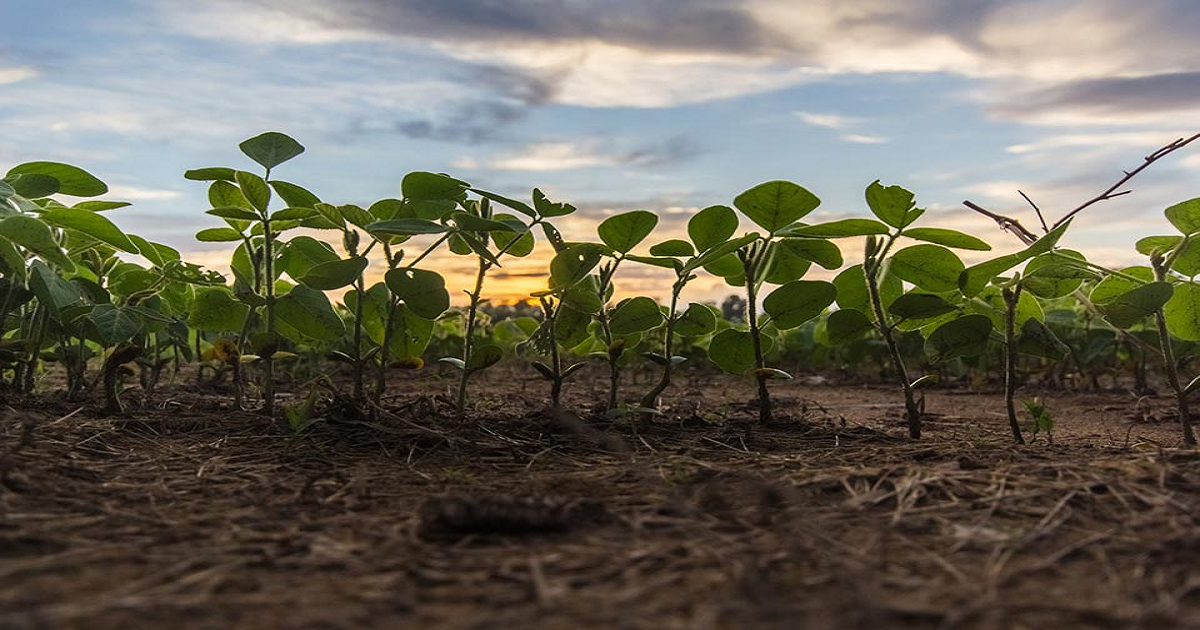Organic farming is an agricultural method that aims to produce food using natural substances and processes. This means that organic farming tends to have a limited environmental impact as it encourages:
- the responsible use of energy and natural resources;
- the maintenance of biodiversity;
- preservation of regional ecological balances;
- enhancement of soil fertility;
- maintenance of water quality.
Additionally, organic farming rules encourage a high standard of animal welfare and require farmers to meet the specific behavioural needs of animals.
European Union regulations on organic farming are designed to provide a clear structure for the production of organic goods across the whole of the EU. This is to satisfy consumer demand for trustworthy organic products whilst providing a fair marketplace for producers, distributors and marketers.
Building trust in organic farming
In order for farmers to derive benefits from organic farming methods, consumers need to trust that the rules on organic production are being followed. Therefore, the EU maintains the following strict system of control and enforcement to guarantee that organics rules and regulations are being followed properly. As organic farming is part of a larger supply chain which encompasses food processing, distribution and retailing sectors, these are also subject to checks
- Each EU member appoints ‘control bodies or authorities’ to inspect operators in the organics food chain. Producers, distributors and marketers of organic products must register with their local control body before they are allowed to market their food as organic.
- After they have been inspected and checked, they will be awarded a certificate to confirm that their products meet organic standards.
- All operators are checked at least once a year to make sure that they are continuing to follow the rules.
- Imported organic food is also subject to control procedures to guarantee that they have also been produced and shipped in accordance with organic principles.
The organic logo
The organic logo gives a coherent visual identity to EU produced organic products sold in the EU. This makes it easier for EU based consumers to identify organic products and helps farmers to market them across all EU countries.
The organic logo can only be used on products that have been certified as organic by an authorised control agency or body. This means that they have fulfilled strict conditions on how they are produced, transported and stored.

Organic farming after 2022
Organic farming is a fast growing area in EU agriculture, which is a direct result of increased consumer interest in organic products. In response to the challenges posed by this rapid expansion, and in order to provide an effective legal framework for the industry, the EU has passed new legislation. Due to the complexity and importance of the secondary legislation under preparation, its entry into force was postponed by one year, from 1 January 2021 to 1 January 2022. The postponement was originally requested by EU countries, the European Parliament, non-EU countries, and other stakeholders.
Examples of the changes that will be made under the new organic legislation include:
- a strengthening of the control system, helping to build further consumer confidence in the EU organics system;
- new rules for producers which will make it easier for smaller farmers to convert to organic production;
- new rules on imported organics to ensure that all organic products sold in the EU are of the same standard;
- a greater range of products that can be marketed as organic.
The new organic legislation will be supported by the action plan for organic production in the EU, launched by the European Commission in March 2021.
